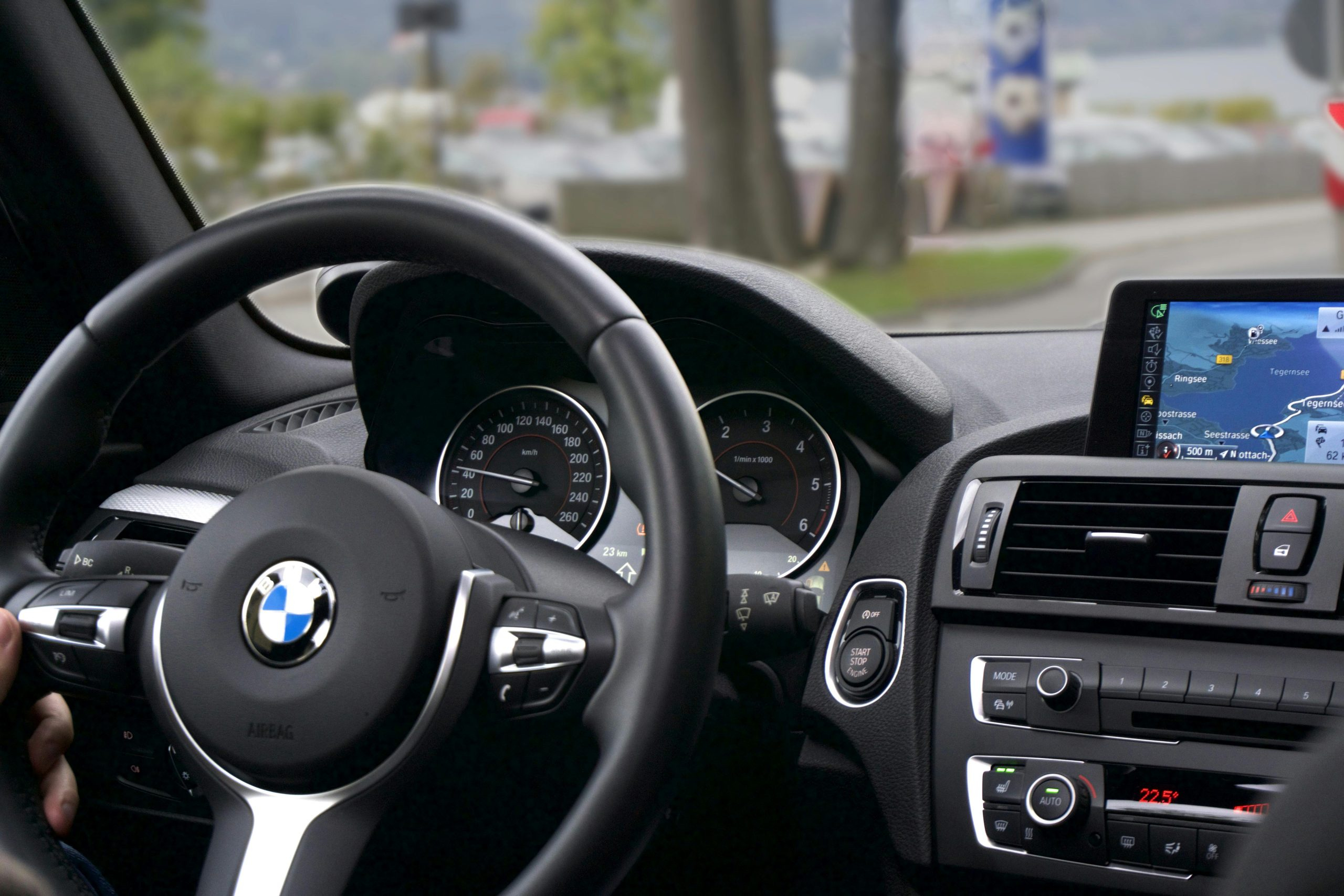Navigating High Vehicle Prices: Tips for Buyers in 2025
As the year 2025 approaches, the automotive industry is experiencing a surge in vehicle prices. With advancements in technology, stricter emission regulations, and changing consumer preferences, the cost of buying a car has skyrocketed. This trend is expected to continue in the coming years, making it challenging for buyers to navigate the high vehicle prices. However, with the right knowledge and strategies, there are still ways for buyers to make an informed purchase. In this article, we will explore some tips for buyers to navigate the high vehicle prices in 2025.
Understanding the Factors Driving High Vehicle Prices
In order to effectively navigate the high vehicle prices, it is essential to understand the underlying factors that are contributing to it. With the increasing demand for electric and hybrid cars, automakers are investing heavily in research and development to introduce new technologies, resulting in higher production costs. Moreover, stricter emission regulations have also led to the implementation of expensive emission control systems, further increasing the cost of production.
In addition, the rising demand for larger and more luxurious vehicles has also led to a spike in prices. As consumers are willing to pay for more premium features and amenities, automakers have responded by offering more high-end options, resulting in higher prices. These factors, combined with inflation and other economic factors, have contributed to the overall increase in vehicle prices.
The Impact of Changing Consumer Preferences
The shifting preferences of consumers have also played a significant role in the rise of vehicle prices. With the growing consciousness about the environment, there has been a shift towards more eco-friendly and fuel-efficient vehicles. This has resulted in a decrease in demand for traditional gasoline cars and an increase in demand for electric and hybrid cars. As a result, automakers are reallocating their resources and focusing on producing these eco-friendlier options, which are inherently more expensive.
Furthermore, consumers are now placing a higher value on technological advancements in cars, such as advanced safety features, entertainment systems, and autonomous driving capabilities. These added features come at a higher cost, contributing to the overall price hike.
Practical Tips for Buyers in 2025
1. Do Your Research
Before making a purchase, it is crucial to research the market thoroughly and understand the pricing trends of different car models. Look into the features and technology offered by various automakers and compare prices to find the best deal. Keep an eye out for any upcoming models or promotions that may offer better value for your money.
2. Consider Pre-Owned Options
With the continuous rise in vehicle prices, buying a brand-new car may not be feasible for everyone. Consider looking into pre-owned options that can offer similar features and performance at a lower cost. Many certified pre-owned programs also offer warranties and guarantees, providing peace of mind for buyers.
3. Prioritize Your Needs
It is essential to prioritize your needs and purchase a car that meets your requirements, rather than opting for all the latest features. By avoiding unnecessary add-ons, you can save a significant amount of money and still get a car that fulfills your needs.
4. Negotiate for the Best Price
Don’t be afraid to negotiate for the best price. With the increasing competition in the automotive industry, dealers may be willing to negotiate prices, especially for older models or slower-selling cars. Do your research beforehand to have a better understanding of the fair market value of the car you want to buy and use that as leverage during negotiations.
5. Consider Alternative Transportation Options
If the steep prices of vehicles are still out of your budget, consider alternative transportation options such as car-sharing services, public transportation, or even biking. With advancements in technology, these options are becoming more convenient and cost-effective.
As the automotive industry continues to evolve, navigating the high vehicle prices may seem like a daunting task. However, with these tips in mind, buyers in 2025 can still make informed and cost-effective decisions. By understanding the factors driving high vehicle prices and exploring alternative options, buyers can find the perfect car that fits their budget and needs.







